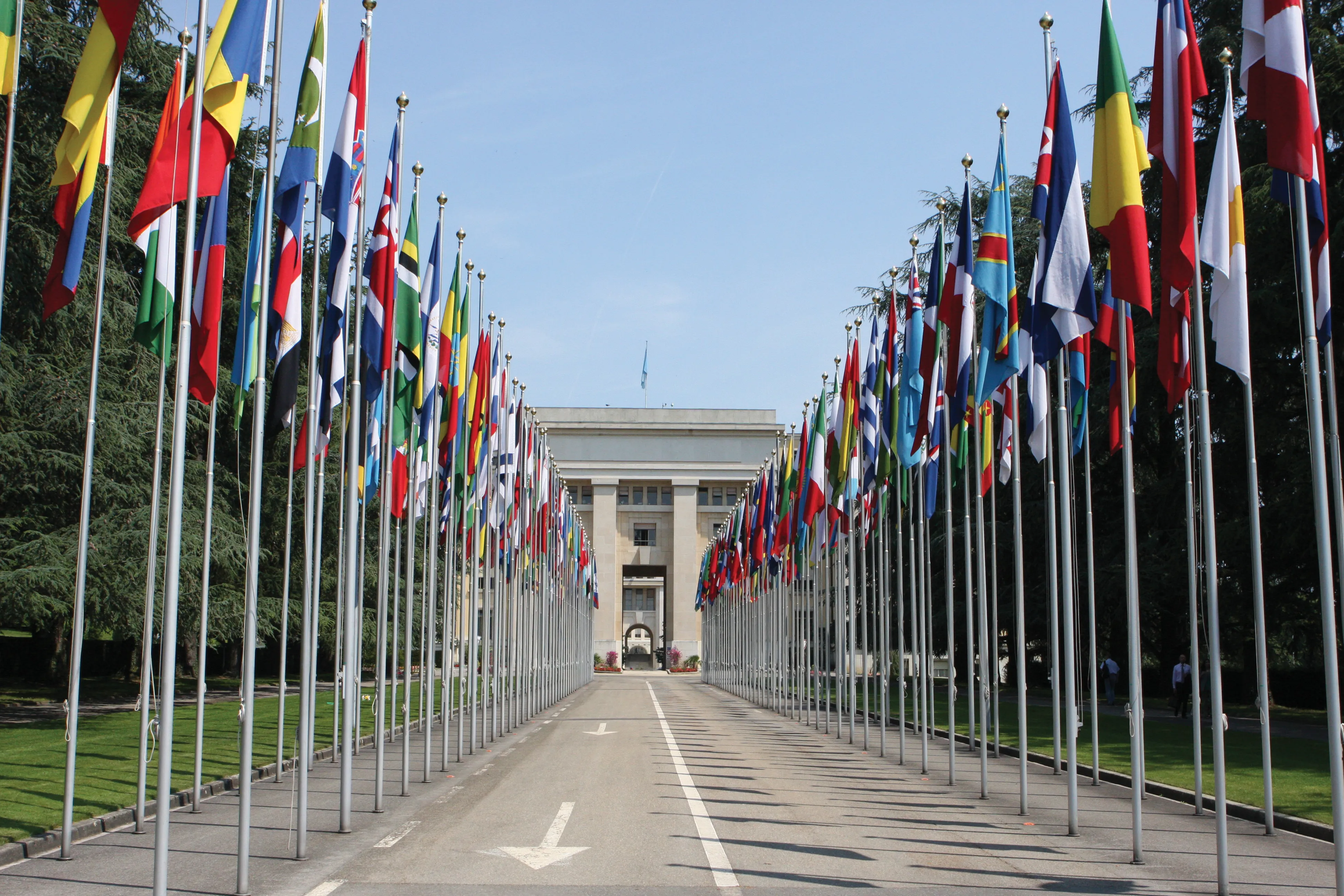Switzerland will soon tender for companies to build and supply a mobile system for physically shifting traffic away from road crews – the Astra Bridge concept.
The federal highways agency - FEDRO - will be asking general contractors to submit bids starting this summer for the Astra Bridge system, according to the agency.
The system, to be used on motorways, includes ramp sections at each end of what amounts to a train of elevated connected road sections. Vehicles run onto the top of the train which is positioned directly above where road crews are working. The effect is to create a “bridge” along the length of the lane below upon which paving or maintenance is underway.
The call for tenders will encompass the following services: engineering, production, surveying and control concept, assembly and dismantling concept and finally the operating concept.
In order to repair and maintain the heavily frequented motorways in metropolitan regions, work has to be carried out at night to an ever-increasing extent. The required closures of traffic lanes increasingly give rise to congestion, even during the night. To prevent this, intervention times are periodically revised and frequently must be reduced to the detriment of roadwork projects.
The time slots for the implementation of roadworks permit only short construction phases and are also a risk factor in terms of quality and worker safety. In addition, the installation and removal of the temporary safety barriers that are required for night-time work costs valuable time and money, notes FEDRO.
FEDRO said it has carried out a feasibility study concerning a specially designed mobile ramp that accommodates two lanes of traffic.
A roadwork site with a width of 5.2m and a length of 100m can be set up beneath the ramp which can be raised hydraulically. The ramp can also be moved both longitudinally and laterally.
Moving the ramp system over a distance of 100m should take between 10-20 minutes, says the agency. It must be possible to assemble the drive-on and drive-off sections in the course of one night. The remainder of the ramp can be extended during a second night to a length of 238m.
To avoid indentations in the road surface, the loads can be borne by large insulated base plates.
FEDRO says it wants the system to be operational by 2022.
The e-mail address for companies interested in submitting a bid is: %$Linker:
Astra’s vital statistics
Number of traffic lanes: 2
Length: 238m, but extendable using modular sections
Width: 7.3m
Maximum incline (drive-on/drive-off sections): 6.1%
Clearance in travel direction: 5.2m x 3.1m
Lateral clearance: 2.2m x 3.1m
Weight: around 1,200tonnes
Moving speed: around 0.5kph







